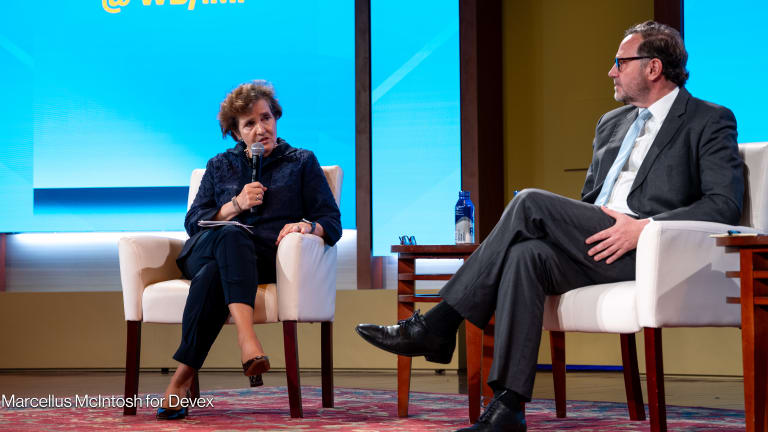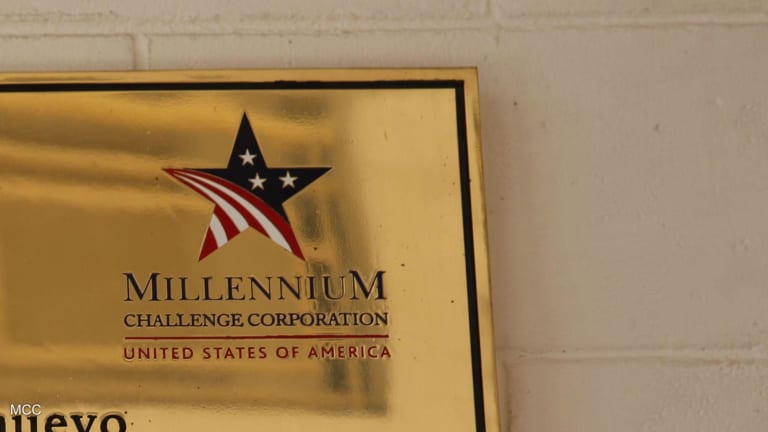Countries that enter into compacts with the Millennium Challenge Corp. are solely responsible for preventing fraud and corruption, although MCC will help put in place anti-corruption measures before compacts are finalized, according to the U.S. government corporation's anti-corruption guidelines, made public this week.
MCC uses the World Bank's Control of Corruption index as one of its indicators to determine whether a country is eligible for a partnership. The newly released guidelines provide a glimpse of the careful balancing act MCC has to play during the implementation of a compact by, on the one hand, allowing the partner country to lead - "country ownership" is a cornerstone of MCC's mission - and ensuring that MCC money is being spent properly. (MCC has acknowledged the real-world tensions between the promotion of country ownership and oversight.)
MCC shares information about possible fraud or corruption, as well as best practices, with a partner country to ensure the strongest possible fraud protections. The government corporation requires organizations that are involved in implementing a compact to comply with a partner government's anti-fraud procedures. Partner countries are ultimately responsible for preventing corruption.
"Prevention of fraud and corruption is the direct responsibility of the host country or the accountable entity, as the case may be," the guidelines state. "MCC is responsible for taking all reasonable measures outlined in this policy to ensure that the host country or Accountable Entity is meeting these duties effectively, including, but not limited to, remediation measures."
The published guidelines present a nuanced relationship between MCC and compact countries - certainly, this is more than MCC simply handing over money to a country and waiting for the five-year compact to be completed. MCC is involved, tangentially if not directly, with implementing a compact and helping a partner stay eligible for more funding.
The guidelines drew praise from Transparency International, a group committed to fighting corruption.
"We welcomed the MCC's leadership in the development assistance community in making a commitment to anti-corruption an explicit requirement to qualify for assistance," said Nancy Boswell, president and CEO of Transparency International-USA. "The new MCC Policy is another example, explicitly addressing ‘operational integrity' - the management of corruption risk in MCC grants - through a publicly available policy and implementation tools."








